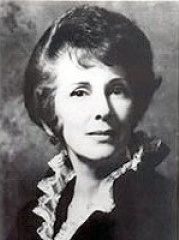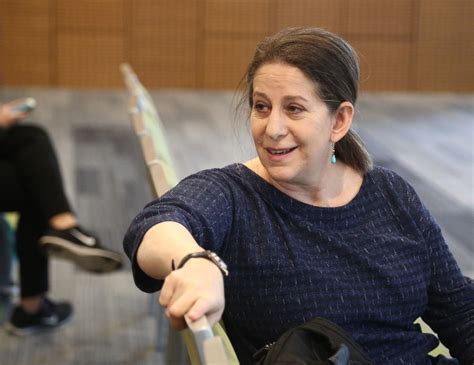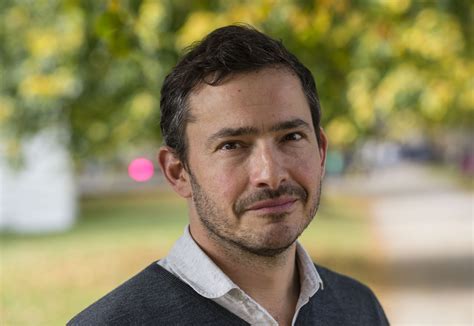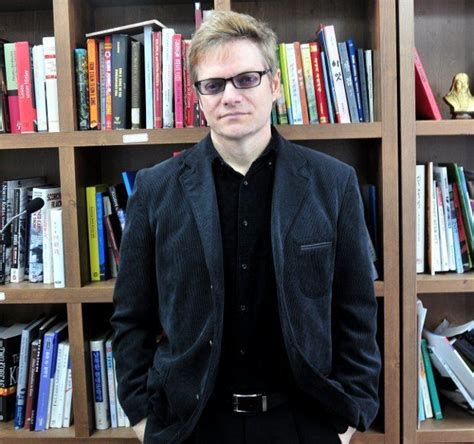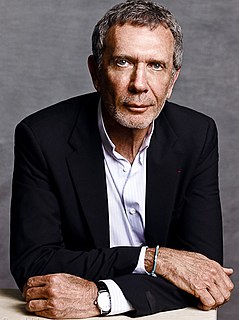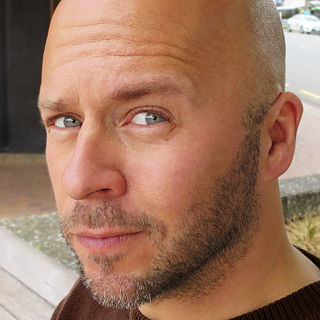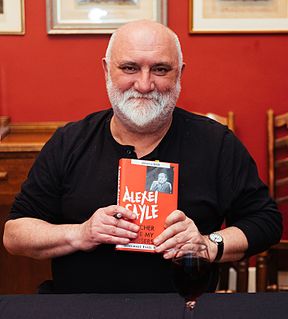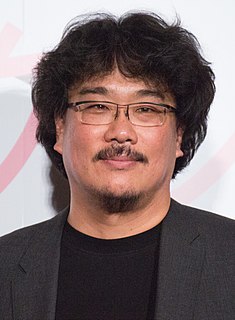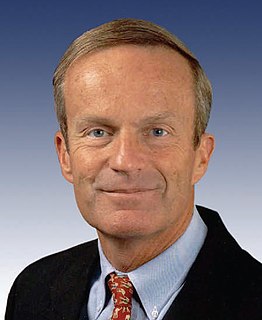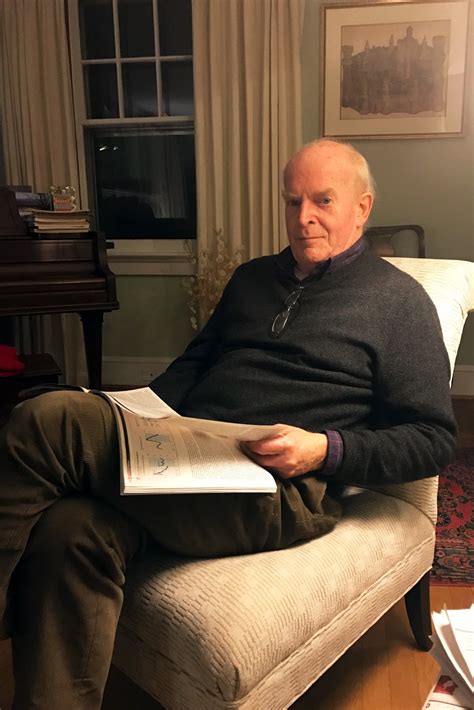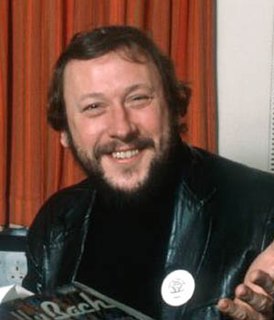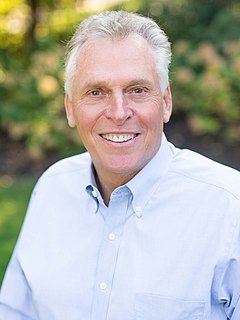Top 1200 Early 1990s Quotes & Sayings - Page 2
Explore popular Early 1990s quotes.
Last updated on November 19, 2024.
One of the things that sparked my interest in this is the case of Emmanuel Constant, who started a militia called FRAPH that was backed by the CIA. FRAPH killed thousands of Haitians in the early 1990s. Now while Constant is living comfortably in Queens, other Haitians are being deported. I wanted to see how those who have been bruised by people like that deal with coming face to face with their torturers.
It should tell you something that Pakistan's Inter-Services Intelligence (ISI) agency invented the Taliban in the early 1990s only because Hekmatyar, its primary U.S.-bankrolled proxy in the war for control of Afghanistan, had proved too bloodthirsty after the Soviets withdrew, even by the low standards of the ISI's ghastly generals in Rawalpindi.
In market research I did at Microsoft Corp. in the early 1990s, I estimated that the 'Wall Street Journal' took in about 75 cents per copy from subscribers, $1.25 at the newsstand and a whopping $5 per copy from ads. The ad revenue let them run a far bigger newsroom than subscribers were paying for.
In a faraway land called 'pre-2000,' what Earthlings now call blogging was called 'keeping a diary.' It's hard work to do well. I tried doing it in the early 1990s but had to stop because I no longer had a life - instead I had this thing that generated anecdotes to go into my diary. The diary took over and I had to stop.
The Russians have been flying long duration crews since the early '70's. And in the early days, they've ended at least two missions early because of conflicts within the crew. So, they learned early on the importance of studying this and making sure you put the right crew together. Since we began our work together on the International Space station with the Russians in the early 2000's, NASA has started to learn the importance of this kind of work. And so, I think it's important work and we are not fully onboard and recognize it as important.
Our society and our organizations have learned to value masculine, 'quick-fix' traits in leaders. In a primitive society, a rural society, or even the industrial society of the early 1990s, quick fixes worked out all right. But they are less likely to work in a complex society. We need to look at long-range outcomes now. Service and patience are what can keep things running effectively today and women can contribute a lot in both of these areas.
I used to smoke marijuana. But I'll tell you something: I would only smoke it in the late evening. Oh, occasionally the early evening, but usually the late evening - or the mid-evening. Just the early evening, midevening and late evening. Occasionally, early afternoon, early mid-afternoon, or perhaps the late-midafternoon. Oh, sometimes the early-mid-late-early morning. . . But never at dusk!
I can remember in the late 1980s and early 1990s how many men with AIDS I saw everywhere in Key West. There were hospices and medical supply stores geared to people with AIDS. It seemed that every sick man who could afford it had headed for the warmth and the tranquillity and the gay-friendliness of the island.
I used to be so angry. I think back to my early days as a critic in the late 1990s, and I blush. I would go swaggering into restaurants in some ridiculous tramp disguise, challenging them to mistreat me, order the things I was least likely to enjoy, then hurl my plate aside in a fury and demand to see the manager.
There had been a free and open election in Haiti in the early 1990s and president Jean-Bertrand Aristide won, a populist priest. A few months later came the expected military coup - a very vicious military junta took over, of which the United States was passively supportive. Not openly, of course, but Haitians started to flee from the terror and were sent back and on towards Guantanamo Bay. Of course, that is against International Law. But the United States pretended that they were "economic refugees."
In the early 1990s we witnessed the emergence of a revitalized contemporary Chinese art world that began as a reaction against the government-approved Social Realist style. Zhang Xiaogang, Huang Yong Ping, Ai WeiWei, Yue Minjun, and Wang Guangyi were among the first group of artists to establish a movement that became known as Cynical Realism.
Since the 1950s (until the early 1990s), girls in Kabul and other cities attended schools. Half of university students were women, and women made up 40 percent of Afghanistan’s doctors, 70 percent of its teachers and 30 percent of its civil servants. A small number of women even held important political posts as members of Parliament and judges. Most women did not wear the burqa.
Individual web pages as they first appeared in the early 1990s had the flavour of person-hood. MySpace preserved some of that flavour, though a process of regularized formatting had begun. Facebook went further, organizing people into multiple-choice identities while Wikipedia seeks to erase point of view entirely. If a church or government were doing these things, it would feel authoritarian, but when technologists are the culprits, we seem hip, fresh, and inventive. People accept ideas presented in technological form that would be abhorrent in any other forms
The whole military structure in Haiti that existed until the early 1990s was put in place by the American occupation. At the top there were Southern white officers, who led an army that crushed the indigenous resistance - the cacos. A high-ranking U.S. officer said when he arrived, "To think these niggers speak French!" Later, Haitian officers attended the notorious School of the Americas at Fort Benning. The threat from the U.S. is something that is always hanging over people's heads: If we don't behave, we'll have occupation again.
I'd done all the things I thought a person had to do in order to be successful and fulfilled, like getting a great education and becoming a lawyer, and yet there was zero spark in my life. But there was no light-bulb moment. It was gradual. In the early 1990s, I decided to experiment and try some new ways of living.
In the early 1990s, there was a debate among economists over shock therapy versus a gradualism strategy for Russia. The people in Russia who believed in shock therapy were Bolsheviks a few people at the top that rammed it down everybody's throat. They viewed the democratic process as a real impediment to reform.
I counsel our children to do their critical studying in the early hours of the morning when they're fresh and alert, rather than to fight physical weariness and mental exhaustion at night. I've learned the power of the dictum, "Early to bed, early to rise." When I'm under pressure, you won't find me burning the midnight oil. I'd much rather be in bed early and getting up in the wee hours of the morning.
When I went to prom in the early 1990s, I seesawed between my wish to get asked by the right guy and ride in the cool kids' limousine with the burgeoning realization that I was gay. I had a fun night, but I was far from my authentic, assertive self that night. Prom felt mostly like a job I had to do to maintain my position in the social hierarchy.
The optimist in me sees corporations in the present era as more open to change than they were in the 1990s. Certainly, because of the relatively poor performance of many corporations in the early part of millennial , there seems to be less arrogance in executive suites, and that usually translates to a willingness to consider alternatives.










